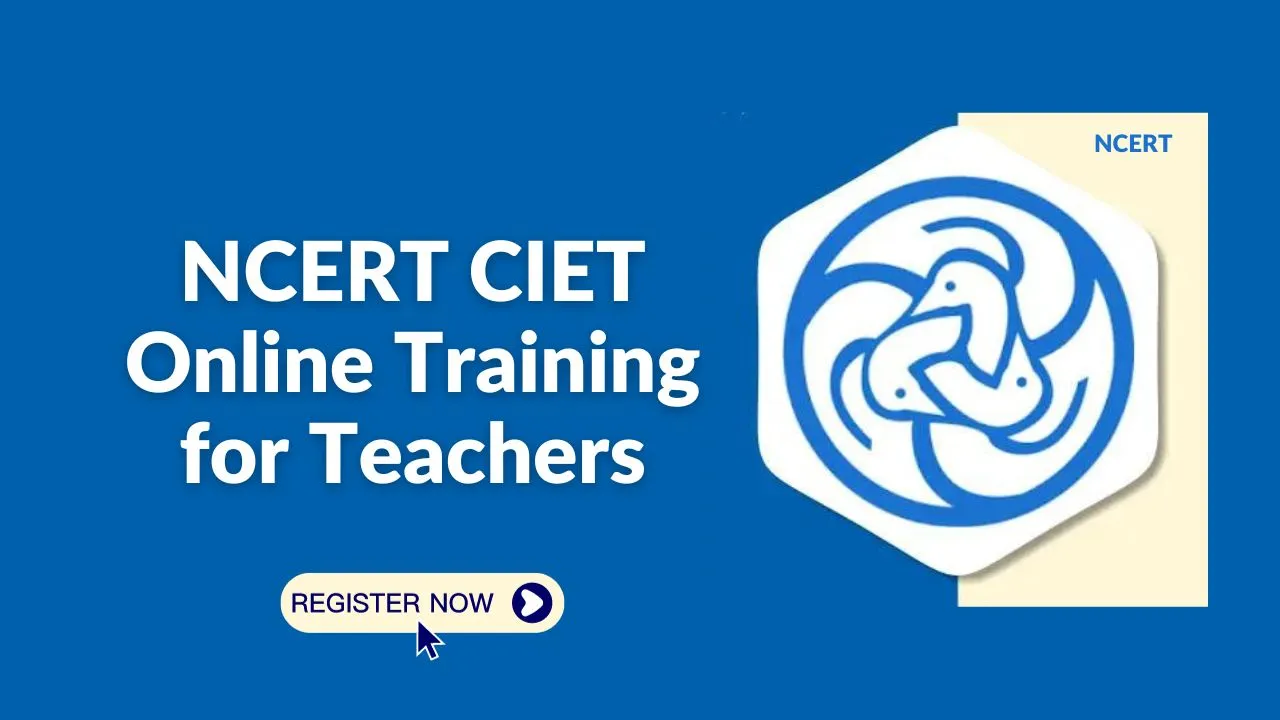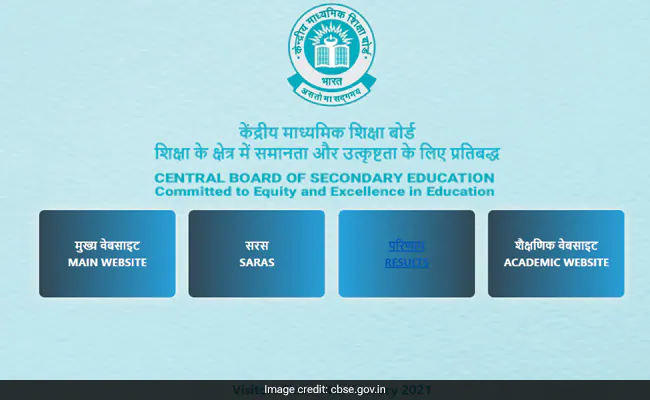Government Introduces Strict Guidelines for Coaching Centers
The Central Consumer Protection Authority (CCPA) has taken decisive action against misleading advertising by coaching centers. With robust guidelines now in place, the aim is to protect prospective students from deceptive claims regarding guaranteed results and job placements.
What Are the Key Changes?
- Deadline for Compliance: Coaching centers need to comply with these guidelines by November 22, 2024.
- Imposed Penalties: To date, the CCPA has issued 54 notices and levied fines amounting to approximately INR 54.60 lakhs for violations.
Detailed Guidelines for Coaching Centers
The new rules prohibit coaching centers from making false claims about job security or exam success rates. They must provide transparent information about:
- Courses offered and their durations
- Faculty qualifications
- Fee structures and refund policies
- Success rates and examination rankings
Impact on Advertising Practices
The guidelines are designed to put an end to advertisements that promise unrealistic outcomes, such as 100% selection rates or guaranteed job placements. This initiative is a response to the numerous complaints received via the National Consumer Helpline, highlighting the need for stringent oversight in educational marketing.
Guidance for Prospective Students
Nidhi Khare, Secretary of Consumer Affairs, emphasized the importance of transparency from coaching centers. She advised students to verify the actual courses in which successful candidates were enrolled and cautioned centers against using personal success stories without written consent.
Clarifying ‘Coaching’ Under the New Guidelines
- Scope of Coaching: Defined to include academic support, education, guidance, and study programs, excluding counseling, sports, and creative activities.
- Disclosure Requirements: Centers are required to prominently display disclaimers and fully disclose key information about their courses.
Legal Implications for Non-compliance
Coaching centers that fail to adhere to these guidelines will face significant penalties under the Consumer Protection Act. The CCPA is committed to enforcing these rules to ensure a trustworthy and honest education sector.
Ensuring Honest Representation
Khare, who also presides over the CCPA, stated that coaching centers must accurately represent their services, facilities, resources, and infrastructure. They must ensure that the courses they offer are officially recognized and approved by competent authorities such as AICTE and UGC, guaranteeing that the education provided is both credible and formally endorsed.




